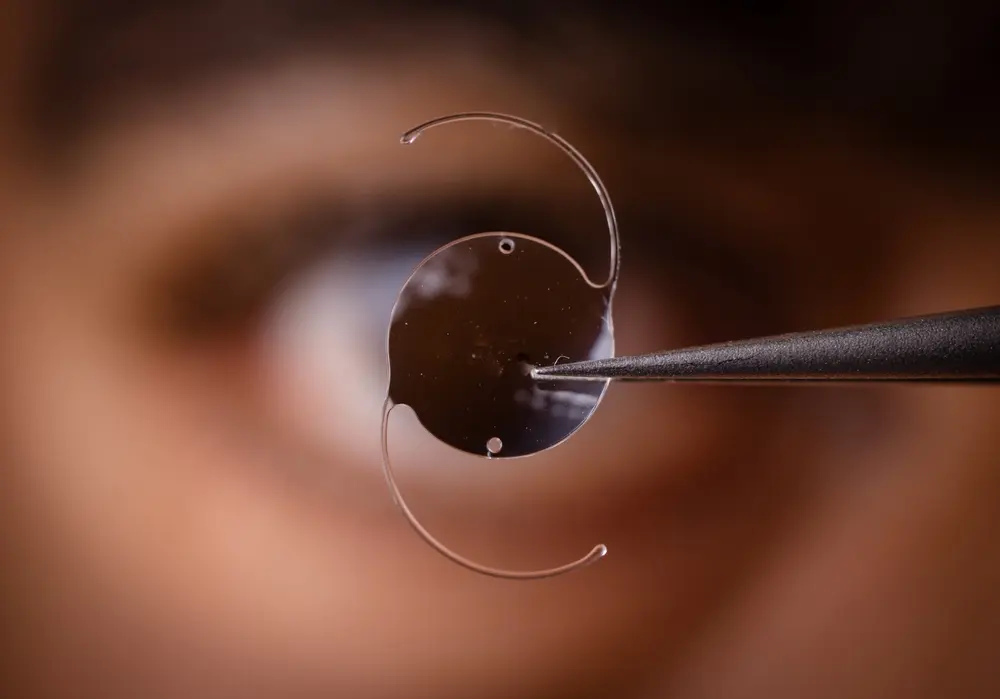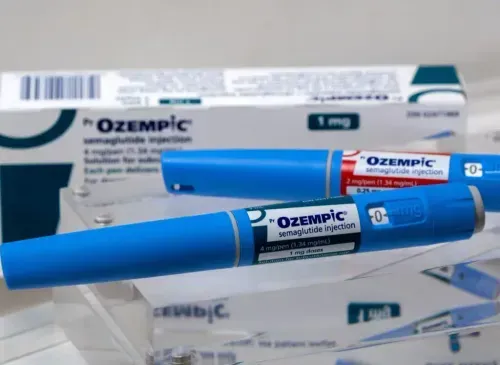Find a Top Product Liability Lawyer for Your Defective Product Lawsuit
 Parker Waichman LLP is a national product liability law firm helping victims of injuries caused by defective and dangerous products. Our product liability lawyers tackle claims involving prescription drugs, defective medical devices, cosmetics, and any other potentially hazardous products in order to recover the compensation our clients need and deserve.
Parker Waichman LLP is a national product liability law firm helping victims of injuries caused by defective and dangerous products. Our product liability lawyers tackle claims involving prescription drugs, defective medical devices, cosmetics, and any other potentially hazardous products in order to recover the compensation our clients need and deserve.
We’re not afraid to take on big companies, and we’ve built a reputation for getting results, to the tune of $2 billion and counting. If you have a potential defective product action, call our firm today for a free consultation with an experienced product liability attorney who can help you understand your legal rights.
Choose a Product Liability Attorney With a Record of Success
Our skilled legal team has extensive experience litigating defective product cases, and we have successfully secured more than $2 billion in compensation for our clients. We help injured people receive product liability settlements and verdicts to cover their medical costs, make up for lost time at work, and compensate them for their pain and suffering. Over the course of decades handling these cases, our defective product law firm has received numerous honors from our colleagues, judges, and clients, including a listing in Best Lawyers and an AVVO rating of 9.8 out of 10.
When you have been harmed by a defective product, you need the best defective product injury attorney on your side, and when you work with a product liability lawyer with our firm, you can feel confident that we have the skill and knowledge to get the results you deserve.
Pursue a Medical Product Liability Lawsuit
Parker Waichman LLP actively litigates cases against the manufacturers of medical devices that have been found to be harmful to patients. Some of these include:
Hernia Mesh
A hernia occurs when organs or tissue bulge through a weakened wall of tissue or muscle in the body. One example is a ventral hernia, in which a person’s intestines bulge through the abdominal wall. Hernias can usually only be repaired with surgery, and one of the surgical methods doctors use is implantation of polypropylene or polyester mesh. The mesh will roughly match the shape and size of the hernia, and it will have many tiny holes throughout it, like a window screen.
During the surgical procedure, the surgeon will make an incision near the site of the hernia, push the herniated tissue back in place, and reinforce the muscle wall using a piece of mesh. Scar tissue is then supposed to grow into the holes of the mesh, making a more rigid wall to prevent hernia recurrence. However, studies show that polypropylene and polyester mesh can cause serious complications when implanted in the human body. Hernia mesh has been known to erode, degrade, tear, perforate nearby organs, and cause severe infections. On top of that, its porous composition makes the mesh almost impossible to remove. Many patients require multiple additional surgeries, and some face lifelong side effects.
Parker Waichman LLP is pursuing product liability cases against multiple hernia mesh manufacturers, and we are currently taking new ones. If you had hernia repair surgery using synthetic mesh, contact our firm today for a free case consultation to see if you qualify for a lawsuit.
IVC Filters
People who are prone to developing blood clots or deep vein thromboses (DVT) are often prescribed anticoagulants by their physicians. These drugs work to thin the blood to prevent clots, or thrombi, from building up and causing heart attacks, strokes or pulmonary embolism. But some patients do not respond favorably to anticoagulants or cannot take them because of other medical conditions.
In these situations, a doctor might recommend implantation of an inferior vena cava (IVC) filter. An IVC filter is a tiny metal implant that resembles the underside of an umbrella. It is implanted into a major vein in the body (the inferior vena cava) through a catheter inserted into the groin. Once the filter is placed, it is supposed to sit inside the vein and trap blood clots that travel up the leg to prevent them from going to other areas of the body, like the heart, lungs, and brain.
These filters are mostly designed to be temporary, but they are very difficult to retrieve. They can become lodged in the vein, puncture the vein, break apart, migrate out of position or perforate nearby organs or tissue. They can also become completely clogged with thrombi and cause serious medical complications. Studies suggest that nearly every IVC filter will fail, leaving patients at risk for significant injuries.
Fighting for Defective Product Victims
Parker Waichman LLP has offices nationwide, making it easy to access top-tier legal help no matter where you are. Our local teams are familiar with regional laws and courts, giving you a strategic advantage.
Ready to discuss your product liability case? Contact our nearest office today for a free consultation. Call now (516) 466-6500 or schedule an appointment online for a free consultation.
Our experienced medical product liability lawyers are investigating IVC filter cases and filing lawsuits against several manufacturers.If you had an IVC filter implanted, contact our firm today. We will review your case to see if you can file a product injury claim in court.












 Parker Waichman LLP is a national product liability law firm helping victims of injuries caused by defective and dangerous products. Our product liability lawyers tackle claims involving prescription drugs, defective medical devices, cosmetics, and any other potentially hazardous products in order to recover the compensation our clients need and deserve.
Parker Waichman LLP is a national product liability law firm helping victims of injuries caused by defective and dangerous products. Our product liability lawyers tackle claims involving prescription drugs, defective medical devices, cosmetics, and any other potentially hazardous products in order to recover the compensation our clients need and deserve.































